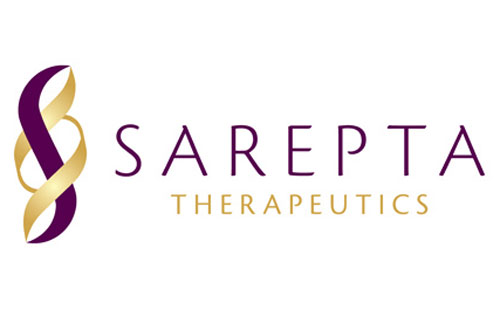
Sarepta Therapeutics has announced its intent to submit a Biologics License Application (BLA) to accelerate approval for SRP-9001 (delandistrogene moxeparvovec) for the treatment of ambulant patients with Duchenne muscular dystrophy (DMD).
The announcement follows updated clinical trial results from the company’s ENDEAVOR study in July, which bolstered the data for SRP-9001 for efficacy and durability. However, concerns were raised after a serious case of myocarditis was seen in one of the 38 patients enrolled in the study.
DMD is caused by a change or mutation in the gene that encodes instructions for dystrophin, meaning that people with the condition are unable to adequately make the micro-dystrophin protein on their own.
Over time, this causes progressive loss of muscle strength, with most patients requiring full-time use of a wheelchair by their early teens. Patients typically go on to experience increasing difficulty in breathing and cardiac dysfunction, which is usually fatal. DMD affects approximately one in every 3,500-5,000 newborn males worldwide.
SRP-9001 is an investigational gene therapy designed to deliver SRP-9001 to muscle tissue for the targeted production of functional components of dystrophin.
In cohort 1 of the ENDEAVOR study, in 20 patients aged four to seven years, SRP-9001-treated participants showed a significant 3.8-point improvement compared to controls at one year on the North Star Ambulatory Assessment (NSAA) scale compared to a matched control group.
Participants also recorded ‘statistically significant’ improvements in timed function tests one year after treatment compared to external control.
Doug Ingram, president and chief executive officer, Sarepta Therapeutics, said: “Duchenne robs children daily and hourly of their muscle, stealing them bit by bit from their families and loved ones. Guided by rigorous science and productive regulatory discussions, our goal is to move with the urgency desperately needed by the patient community, and our upcoming BLA filing for SRP-9001 serves that goal.”
The US Food and Drug Administration (FDA) granted SRP-9001 Fast Track designation in July 2020. The treatment has also been granted Rare Pediatric Disease (RPD) designation in the US, and Orphan Drug status in the US, the EU, Switzerland and Japan.
The company is currently testing SRP-9001 in the placebo-controlled EMBARK study, aiming to enrol 120 boys with DMD aged four to seven years and is due to be read out in the latter half of 2023.




